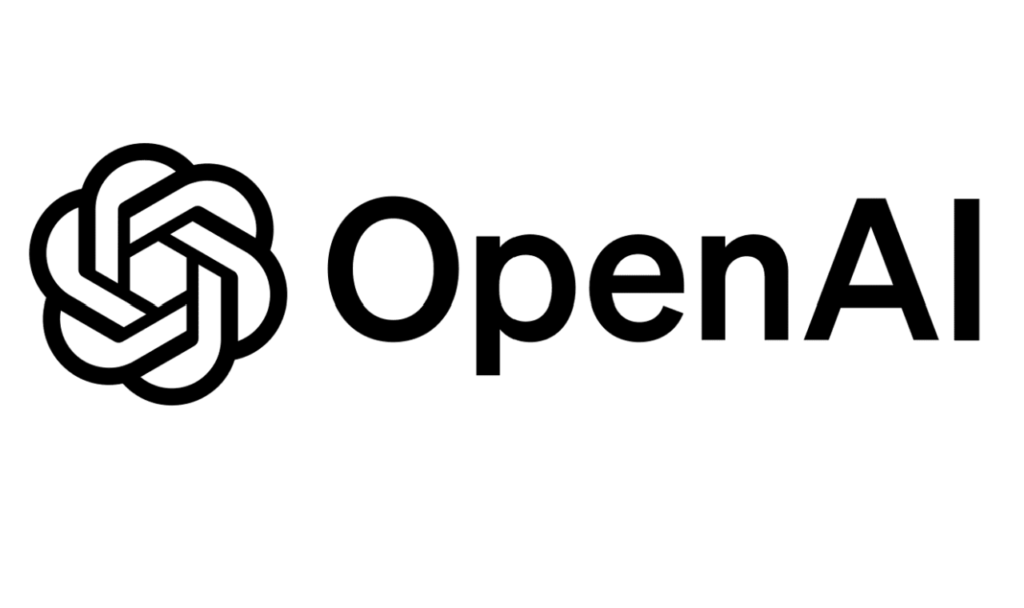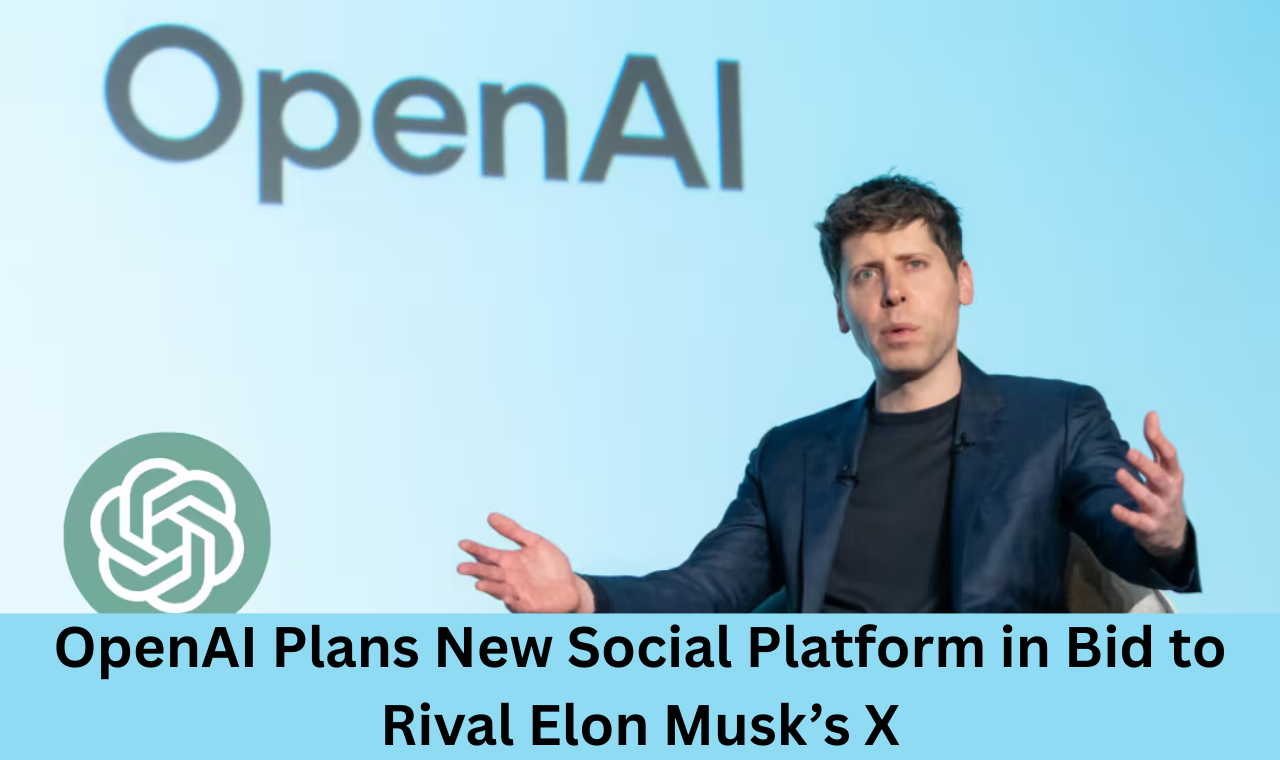In a surprising turn of events that could reshape the digital media landscape, OpenAI best known for its AI chatbot ChatGPT is reportedly developing a new social media platform aimed squarely at competing with Elon Musk’s X (formerly Twitter).
According to The Verge and Business Insider, the platform is currently in early stages of development, with internal prototypes already circulating among OpenAI staff. While details are limited, sources close to the company indicate that this new initiative is part of a broader strategy to create an AI-powered social ecosystem, blending user-generated content with advanced AI tools like ChatGPT’s image generation.
A Strategic Move for Data and Influence
OpenAI’s foray into social media is seen by industry insiders as a calculated move to secure a vital resource for modern AI development: human-generated data. Social platforms are treasure troves of real-time interactions, visual media, and behavioral patterns—all crucial ingredients for training and refining artificial intelligence models.
By building its own network, OpenAI could bypass its current reliance on publicly available datasets or partnerships with third-party platforms. The move would allow the company to collect, curate, and process data directly from users in a controlled environment, enhancing both the quality and quantity of its training inputs.
Such an approach aligns with recent discussions in AI governance and data ethics. The U.S. government, via the Federal Trade Commission (FTC) and the National Institute of Standards and Technology (NIST), has emphasized the importance of transparency in AI training data and urged companies to improve the traceability of the datasets used in large language models.
Altman vs. Musk: A Growing Feud
This new social platform also intensifies the rivalry between OpenAI CEO Sam Altman and Tesla and X Corp. CEO Elon Musk. The two co-founded OpenAI in 2015, but Musk departed in 2018 amid disagreements over the company’s direction. Their relationship has since turned acrimonious.
Earlier this year, Musk attempted a hostile takeover of OpenAI, reportedly offering as much as $97.4 billion to bring the nonprofit-turned-startup back under his influence. The bid failed, and Musk followed up with a lawsuit accusing OpenAI of betraying its original mission of open-source AI development.
Now, OpenAI’s entrance into the social media sphere could be interpreted as a direct challenge to Musk’s influence in digital discourse. X, which Musk acquired for $44 billion in 2022, has struggled with user retention, advertiser exodus, and controversy surrounding content moderation.
Whether OpenAI can succeed where others have failed remains to be seen, but industry observers note that the integration of AI-generated content tools could offer a distinct value proposition—particularly for creators, designers, and influencers looking to harness generative technologies.

AI-Powered Features Could Be a Game-Changer
Sources suggest that OpenAI’s new platform may allow users to generate text, images, or even videos using AI tools, then share that content in a curated feed. This could redefine how content is created and consumed online.
Instead of just posting photos or short texts, users might ask ChatGPT to draft a blog post, create a meme, or render a custom digital image all from within the app. The social aspect comes in when this content becomes visible to a network of followers, who can then remix or comment on the AI-generated material.
Such functionality could blur the lines between creator and consumer, turning everyone into a “prompt engineer.” It may also spark new questions around copyright, misinformation, and moderation—areas already under scrutiny from government regulators and digital rights groups.
The Federal Communications Commission (FCC) and U.S. Copyright Office have both initiated inquiries into the implications of AI-generated media, particularly in public communication platforms.
Will It Launch as a Standalone App?
One unresolved question is whether OpenAI’s social network will be a separate application or integrated into existing tools like ChatGPT. Given that OpenAI already boasts over 100 million weekly active users across its platforms, a seamless in-app experience could give it a significant head start over new entrants to the social market.
However, launching a new social network is no small feat. Competitors like Meta’s Threads and Mastodon have struggled to gain traction against entrenched players like X, Reddit, and Instagram. OpenAI’s ability to combine technical innovation with user engagement will be crucial if it hopes to scale.
Final Thoughts
As OpenAI moves from backend AI development into consumer-facing platforms, the stakes couldn’t be higher. This move not only reflects the company’s ambition to own more of the AI value chain but also signals a shift in how we might interact with machines and each other online.
Whether it becomes a dominant platform or a niche experiment, one thing is clear: the battle for the future of social media is no longer just about features or followers it’s about who controls the data that powers tomorrow’s intelligence.

Pankaj Kumar is a skilled content writer at OTE News, focusing on breaking news, technology, and socio-political developments. With a background in Mass Communication, he brings a balanced perspective to his articles, ensuring clarity and reliability. Pankaj has a knack for simplifying complex topics for readers.
In his free time, he enjoys photography, traveling, and experimenting with new cuisines. His curiosity and dedication to truthful reporting make him a valuable contributor to OTE News.




